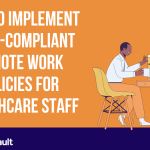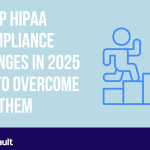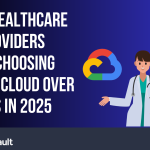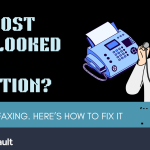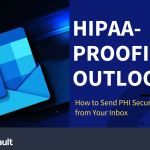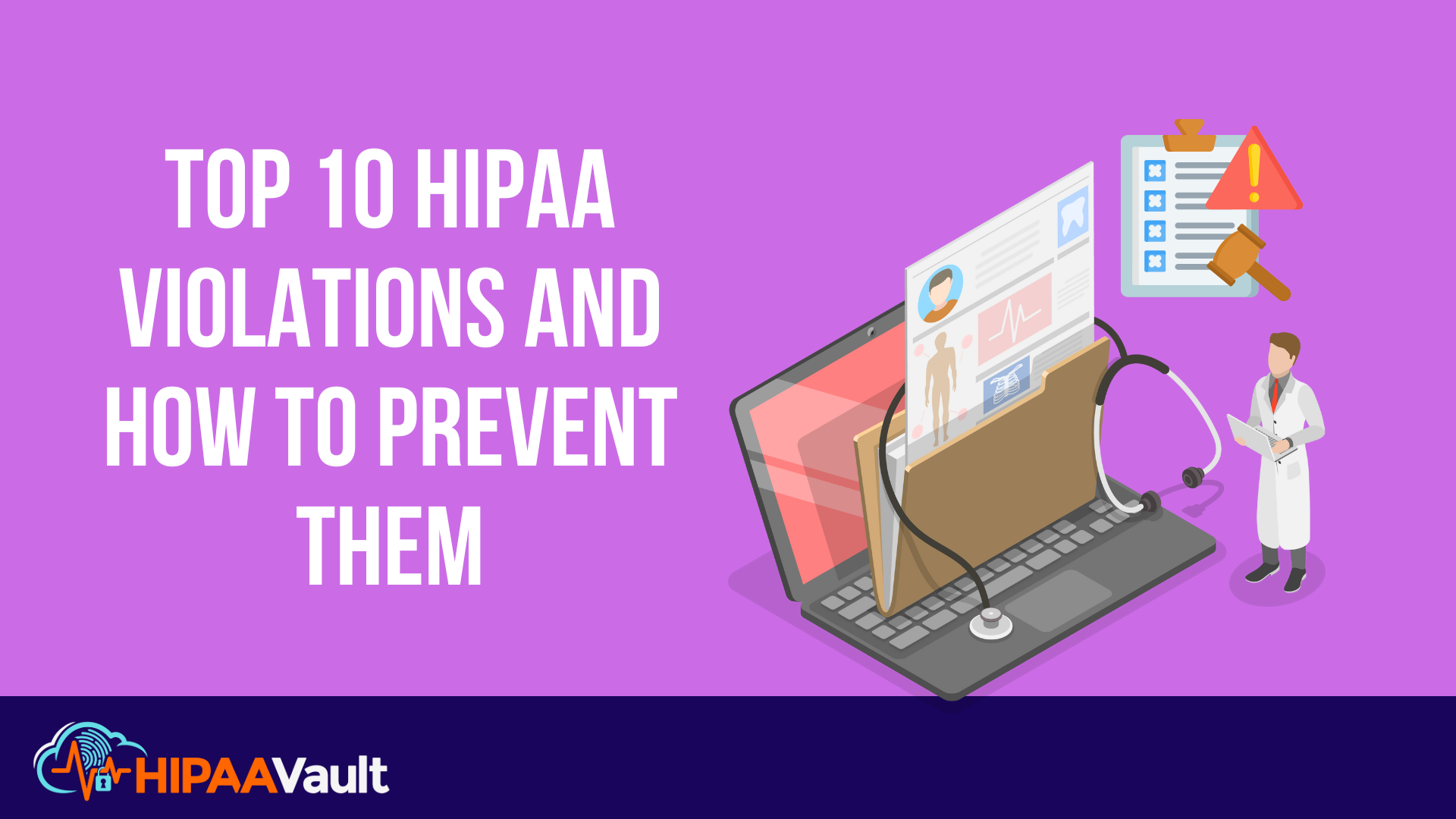
Understanding HIPAA Violations and Their Impact
HIPAA compliance is a crucial element for any healthcare organization that handles electronic Protected Health Information (ePHI). Violations of HIPAA regulations can lead to severe penalties, loss of patient trust, and potential legal consequences. With the rapid digitization of healthcare services, the risk of non-compliance has grown significantly, necessitating a proactive approach to data security and privacy.
Many of the most common HIPAA violations stem from preventable errors. Lack of employee training, unauthorized access to patient records, failure to encrypt ePHI, and inadequate risk assessments are among the most frequent compliance failures. These violations not only expose organizations to hefty fines but also compromise the confidentiality, integrity, and availability of sensitive patient information. As cyber threats continue to evolve, understanding these risks and implementing proper security measures is paramount for safeguarding patient data and ensuring regulatory adherence.
1. Employee Training: The Foundation of HIPAA Compliance
A major cause of HIPAA violations is insufficient employee training. Many breaches occur due to human error, where staff inadvertently mishandle ePHI or fall victim to phishing attacks. Without a robust training program, healthcare workers may be unaware of the potential security threats they face daily.
Organizations must implement mandatory, role-specific HIPAA training that educates employees on proper data handling procedures, cybersecurity threats, and best practices for protecting patient information. Annual refresher courses, phishing simulation exercises, and ongoing security awareness initiatives help reduce the likelihood of accidental data breaches. Moreover, fostering a culture of compliance within an organization encourages employees to remain vigilant and proactive in safeguarding sensitive information.
2. Strengthening Access Controls to Prevent Unauthorized Data Exposure
Unauthorized access to patient records remains a critical compliance concern. Whether intentional or accidental, improper access to ePHI can have serious consequences. Healthcare institutions must implement stringent access controls that limit data exposure to only those who require it for legitimate purposes.
Role-based access controls (RBAC) should be enforced to restrict data access based on job responsibilities. Additionally, multi-factor authentication (MFA) can provide an extra layer of security by requiring additional verification steps before granting access. Regular audits of access logs allow organizations to monitor data usage and detect any suspicious activity, ensuring that patient information remains protected from internal and external threats.
3. The Role of Encryption in Protecting ePHI
Encryption is a fundamental safeguard that prevents unauthorized parties from accessing sensitive data. Despite its importance, many healthcare organizations fail to encrypt ePHI, increasing the risk of exposure in the event of a security breach.
Implementing strong encryption protocols for data at rest and in transit ensures that even if a system is compromised, the information remains unreadable to unauthorized users. HIPAA-compliant cloud hosting solutions, such as those provided by HIPAA Vault, offer robust encryption capabilities that enhance data security and regulatory compliance. By prioritizing encryption, healthcare organizations can mitigate the risk of data leaks and maintain the integrity of patient information.
4. The Importance of Regular Risk Assessments
A thorough risk assessment is essential for identifying vulnerabilities within an organization’s security framework. Many healthcare providers fail to conduct comprehensive risk analyses, leaving them exposed to potential breaches and compliance failures.
To stay ahead of emerging threats, organizations should perform annual HIPAA risk assessments that evaluate their security posture and address any identified gaps. Partnering with third-party experts for penetration testing and security audits can further strengthen an organization’s defenses. By continuously refining security measures based on assessment findings, healthcare providers can effectively mitigate risks and maintain compliance.
5. Secure Disposal of PHI: Preventing Data Leakage
Proper disposal of patient information is another critical aspect of HIPAA compliance. Inadequate disposal methods can lead to unauthorized access and data leaks, resulting in costly violations.
To prevent these risks, paper records containing ePHI should be shredded before disposal, and digital files should be wiped using specialized data destruction software. Partnering with HIPAA-compliant disposal vendors ensures that outdated records are securely eliminated, reducing the risk of unauthorized exposure.
6. Ensuring Compliance Through Business Associate Agreements (BAAs)
Healthcare organizations often work with third-party vendors that handle ePHI, making Business Associate Agreements (BAAs) a crucial component of HIPAA compliance. A BAA outlines the security measures and compliance responsibilities of business associates, ensuring that they adhere to HIPAA regulations.
Organizations must review vendor compliance policies and require signed BAAs before engaging with any third party that processes ePHI. Choosing a HIPAA-compliant cloud service provider like HIPAA Vault adds an extra layer of security and compliance assurance.
7. Patient Access to Records: Meeting HIPAA’s Right of Access Rule
HIPAA’s Right of Access rule mandates that patients must be provided with timely access to their medical records upon request. Failure to comply with this requirement can lead to significant fines and damage an organization’s reputation.
Healthcare providers must establish clear protocols for processing patient record requests efficiently and securely. Implementing patient portals that offer secure access to medical records can streamline this process while maintaining compliance with HIPAA regulations.
8. Mobile Device Security: Addressing the Risks of Remote Access
As healthcare professionals increasingly use mobile devices for accessing patient data, ensuring their security has become a top priority. Mobile devices are particularly vulnerable to breaches if they are lost, stolen, or compromised by malware.
Organizations should implement mobile device management (MDM) solutions that enforce encryption, password protection, and remote wipe capabilities. By securing mobile access to ePHI, healthcare institutions can minimize the risk of data exposure and maintain HIPAA compliance.
9. Breach Notification Compliance: Responding to Security Incidents
In the event of a data breach, healthcare organizations must comply with HIPAA’s breach notification requirements. Failing to notify affected individuals and regulatory authorities within the mandated timeframe can result in severe penalties.
Developing a robust incident response plan ensures that security breaches are detected and reported promptly. Real-time monitoring solutions, coupled with staff training on breach response protocols, can help organizations minimize the impact of data breaches and remain compliant.
10. The Role of Physical Security in Protecting PHI
Beyond digital safeguards, physical security measures play a vital role in preventing unauthorized access to patient data. Unsecured workstations, unlocked filing cabinets, and inadequate visitor policies can all lead to PHI exposure.
Healthcare organizations should restrict physical access to sensitive areas, implement badge-based entry systems, and conduct regular security audits. Ensuring that physical security measures complement digital protections creates a comprehensive approach to HIPAA compliance.
Conclusion
HIPAA compliance is not a one-time effort but an ongoing commitment to securing patient data and preventing violations. By implementing employee training programs, enforcing access controls, prioritizing encryption, conducting risk assessments, and securing both digital and physical environments, healthcare organizations can significantly reduce their risk of non-compliance.
At HIPAA Vault, we specialize in providing secure, HIPAA-compliant cloud hosting and cybersecurity solutions designed to protect ePHI. Contact us today to learn how we can help you strengthen your security posture and maintain compliance with HIPAA regulations.
Internal Links:

